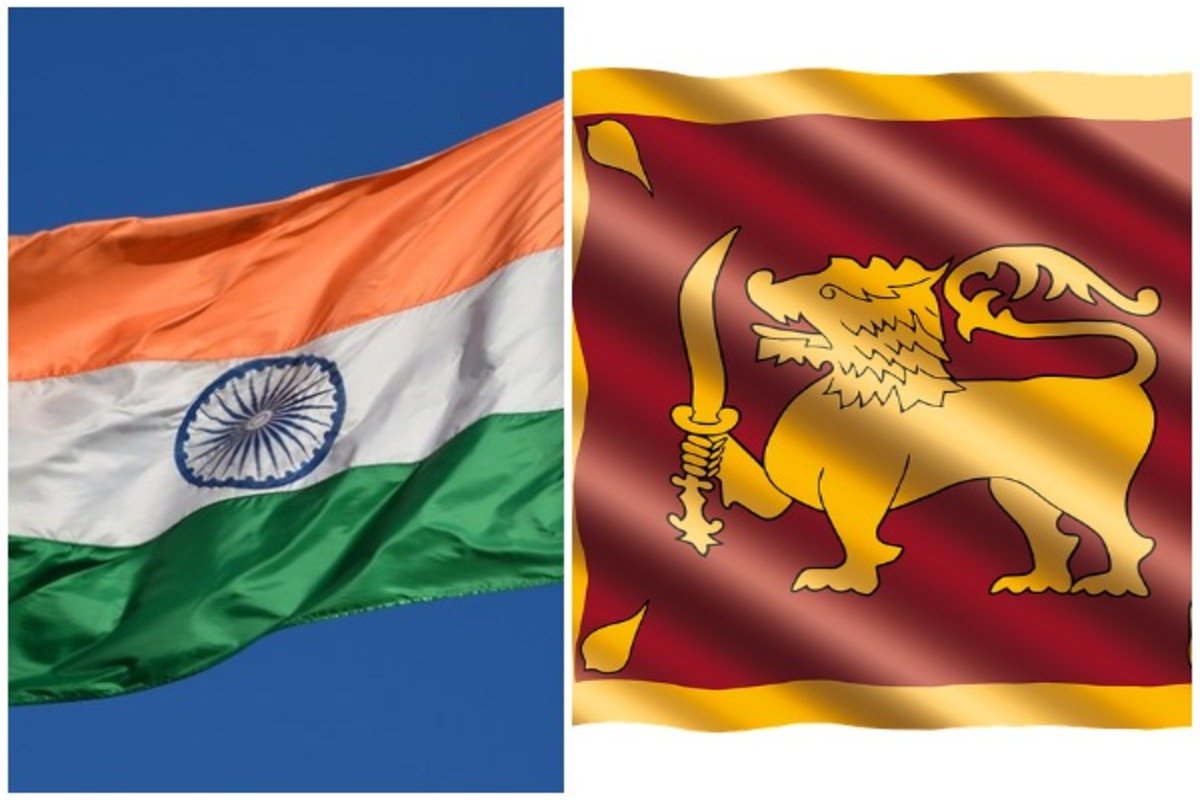Fadnavis Tops List Of Ministers Drawn Up For Maha Swearing-In Ceremony
The swearing-in ceremony of the BJP-dominated Mahayuti government is most likely to take place in Mumbai by Wednesday, November 27 or even earlier, it is learnt.
In the throes of an impending election, the decadesold issue of the island of Katchatheevu has once again surfaced, serving as political fodder for India’s electoral arena.

(Photo : ANI Photos)
In the throes of an impending election, the decadesold issue of the island of Katchatheevu has once again surfaced, serving as political fodder for India’s electoral arena. The island, ceded to Sri Lanka by India five decades ago, has become a battleground of rhetoric, with little regard for the historical complexities and diplomatic resolutions that once governed this contentious matter.
As Sri Lanka’s Foreign Minister, Ali Sabry, rightly pointed out, the issue of Katchatheevu was resolved half a century ago. The 1974 transfer of the island and the subsequent agreement on fishing rights in 1976 were supposed to put an end to any lingering disputes. However, it seems that in the realm of politics, history can easily be manipulated to serve present-day agendas. The Bharatiya Janata Party (BJP) has seized upon the island dispute as a means to garner support in Tamil Nadu, a coastal state that it believes is directly affected by the Katchatheevu issue. Accusations of the opposition Congress party’s negligence in “callously” giving away the island have been fervently propagated, igniting nationalist sentiments and polarising the electorate.
But amidst the political theatrics, it is essential to recognise the broader implications of this jingoistic rhetoric. By turning a decades-old diplomatic settlement into a rallying cry for electoral gains, the BJP risks destabilising the delicate fabric of India-Sri Lanka relations. The rhetoric may resonate with some voters in Tamil Nadu, but it risks alienating Sri Lanka, an ally with whom India shares deep historical and cultural ties. Moreover, the timing of these inflammatory statements could not be more precarious. With India’s general elections looming large and Tamil Nadu heading to the polls on April 19, the island dispute threatens to overshadow critical issues facing the electorate, diverting attention away from pressing concerns such as economic development, healthcare, and infrastructure.
Advertisement
Furthermore, the plight of Indian fishermen caught in the crossfire of this political showdown cannot be overlooked. Over the past two decades, thousands of Indian fishermen have been detained by Sri Lankan authorities for allegedly violating the fishing pact around Katchatheevu. The exploitation of their plight for political gain is not only callous but also undermines efforts to find a peaceful resolution to maritime disputes. While electoral politics may dictate short-term strategies, it is imperative for political leaders to exercise restraint and foresight when dealing with sensitive bilateral issues.
The island of Katchatheevu should not be reduced to a pawn in the game of political oneupmanship. Instead, both India and Sri Lanka must reaffirm their commitment to dialogue and diplomacy, respecting the historical agreements that have governed their relations for decades. Only then can genuine progress be made towards fostering lasting peace and prosperity in the region. Finally, New Delhi must not lose sight of the fact that relations with another Indian Ocean nation – the Maldives – are already strained, while a degree of equilibrium has only recently been restored to ties with Colombo
Advertisement